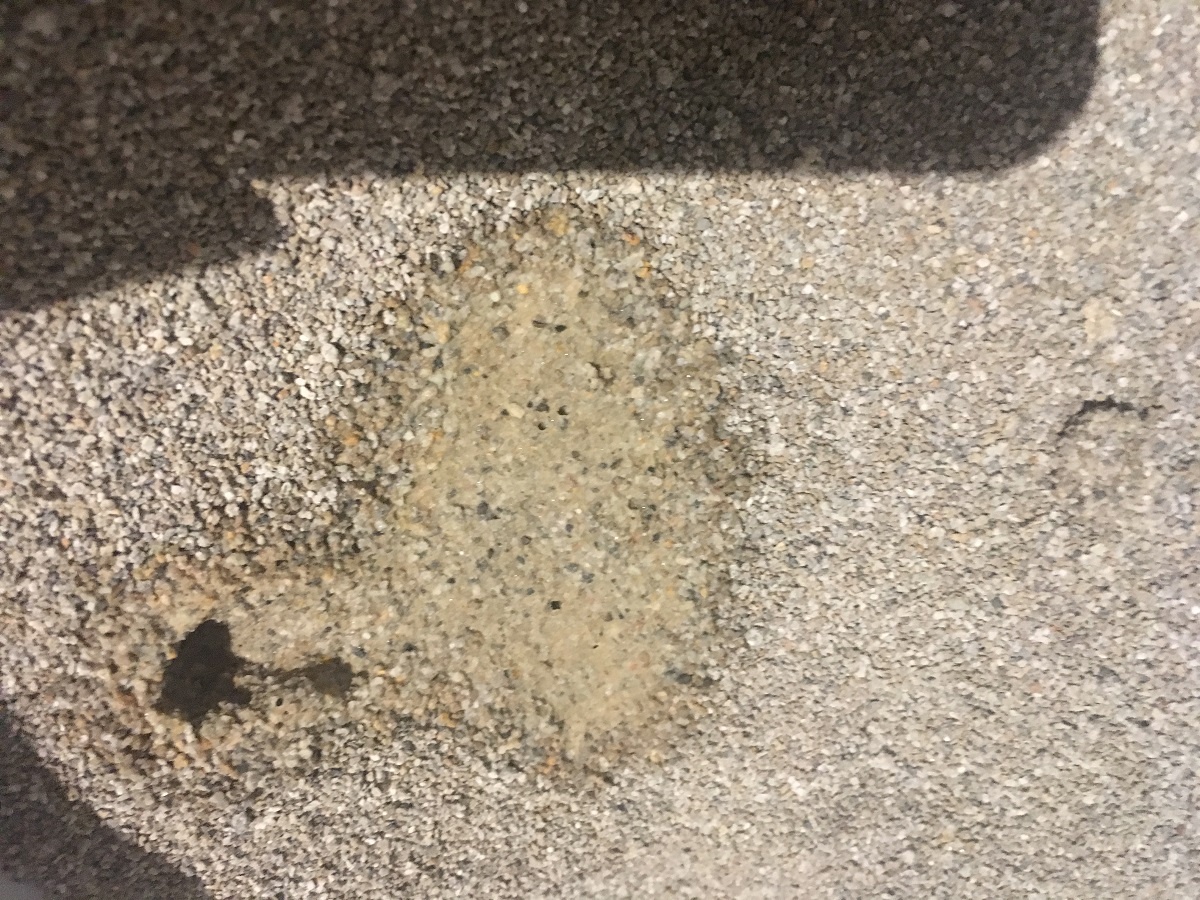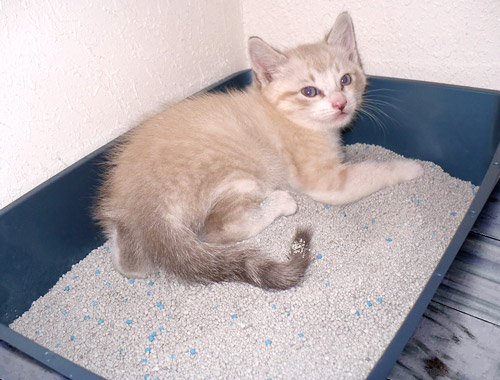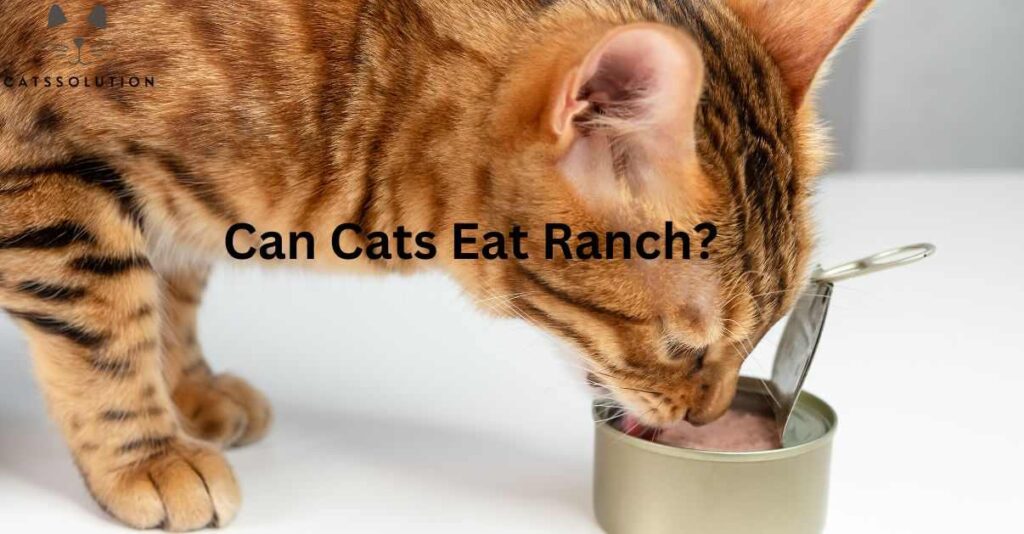Many cat owners use clay litter for their pets. But is clay litter bad for cats? Let’s find out!
Contents
What is Clay Litter?
Clay litter is made from natural clay materials. It can absorb moisture well. This makes it a popular choice for cat owners.

Credit: caticles.com
Types of Clay Litter
- Clumping Clay Litter: This type forms clumps when wet. It is easy to scoop and clean.
- Non-Clumping Clay Litter: This type does not form clumps. It may need more frequent changing.
Pros of Clay Litter
| Advantages | Description |
|---|---|
| Absorbency | Clay litter absorbs moisture quickly. |
| Odor Control | It helps to control bad smells. |
| Availability | It is easy to find in stores. |
| Cost | It is usually affordable. |
Cons of Clay Litter
Despite its benefits, clay litter has some downsides. These can affect both cats and their owners.
Dust
Clay litter can be very dusty. Dust can cause breathing problems for cats. It can also affect people with allergies.
Environmental Impact
Clay litter is not eco-friendly. It is mined from the earth. This process can harm the environment.
Ingestion Risks
Cats may eat clay litter by mistake. This can cause stomach problems. Kittens are more likely to eat litter out of curiosity.
Tracking
Clay litter can stick to cat’s paws. This means it can get tracked around the house. Keeping floors clean can be harder.
Health Risks for Cats
Using clay litter can pose health risks. Here are some common issues:
- Respiratory Problems: Dust from clay litter can irritate a cat’s lungs.
- Digestive Issues: Eating clay litter can block a cat’s intestines.
- Skin Irritation: Some cats may have allergies to clay litter.
Alternatives to Clay Litter
There are many alternatives to clay litter. These options can be safer and more eco-friendly.
Paper Litter
Paper litter is made from recycled paper. It is dust-free and safe for cats. It also absorbs moisture well.
Wood Pellet Litter
Wood pellet litter is made from natural wood. It controls odor and produces less dust. It is also biodegradable.
Corn Litter
Corn litter is made from corn. It clumps well and is flushable. It is also safe for cats to ingest.
Wheat Litter
Wheat litter is made from wheat. It is biodegradable and controls odors. It also clumps naturally.
Silica Gel Litter
Silica gel litter is made from silica crystals. It absorbs moisture and controls odors. It is also dust-free.

Credit: petpooskiddoo.com
How to Transition to a New Litter
Switching to a new litter can be stressful for cats. Here are some tips to make the change smooth:
- Mix Old and New Litter: Start by mixing the old and new litter. Gradually increase the amount of new litter.
- Observe Your Cat: Watch your cat’s behavior. Make sure they are comfortable with the new litter.
- Be Patient: Some cats take time to adjust. Be patient and give them time.
- Keep Litter Box Clean: Clean the litter box regularly. This will help your cat accept the new litter.
Frequently Asked Questions
Is Clay Litter Safe For Cats?
Clay litter is generally safe but can cause respiratory issues for some cats.
Does Clay Litter Cause Health Problems?
Some cats may develop respiratory issues or digestive problems from ingesting clay litter.
Can Clay Litter Harm Kittens?
Yes, kittens are more vulnerable to respiratory issues and digestive problems from clay litter.
What Are The Benefits Of Clay Litter?
Clay litter is highly absorbent and effective at controlling odors.
Conclusion
Is clay litter bad for cats? It has pros and cons. It can absorb moisture and control odors. But it can also cause health issues and environmental harm.
Consider trying alternatives like paper, wood, corn, wheat, or silica gel litter. These options can be safer and more eco-friendly. Always observe your cat’s behavior and health. Choose the best litter for their needs.
Thank you for reading! We hope this article helps you make an informed choice. Your cat deserves the best care.

Katie Lindsey is a passionate cat lover and founder of Cats Solution, a comprehensive resource for all things feline. With a lifelong love for cats and extensive knowledge in their care and behavior, she provides expert advice and solutions to cat owners. Through her website, Katie fosters a supportive community where cat enthusiasts can find guidance and heartwarming stories. A dedicated advocate for animal welfare, Katie also promotes responsible pet ownership and adoption. Join her on this purr-fect journey celebrating the joy of feline companionship.



